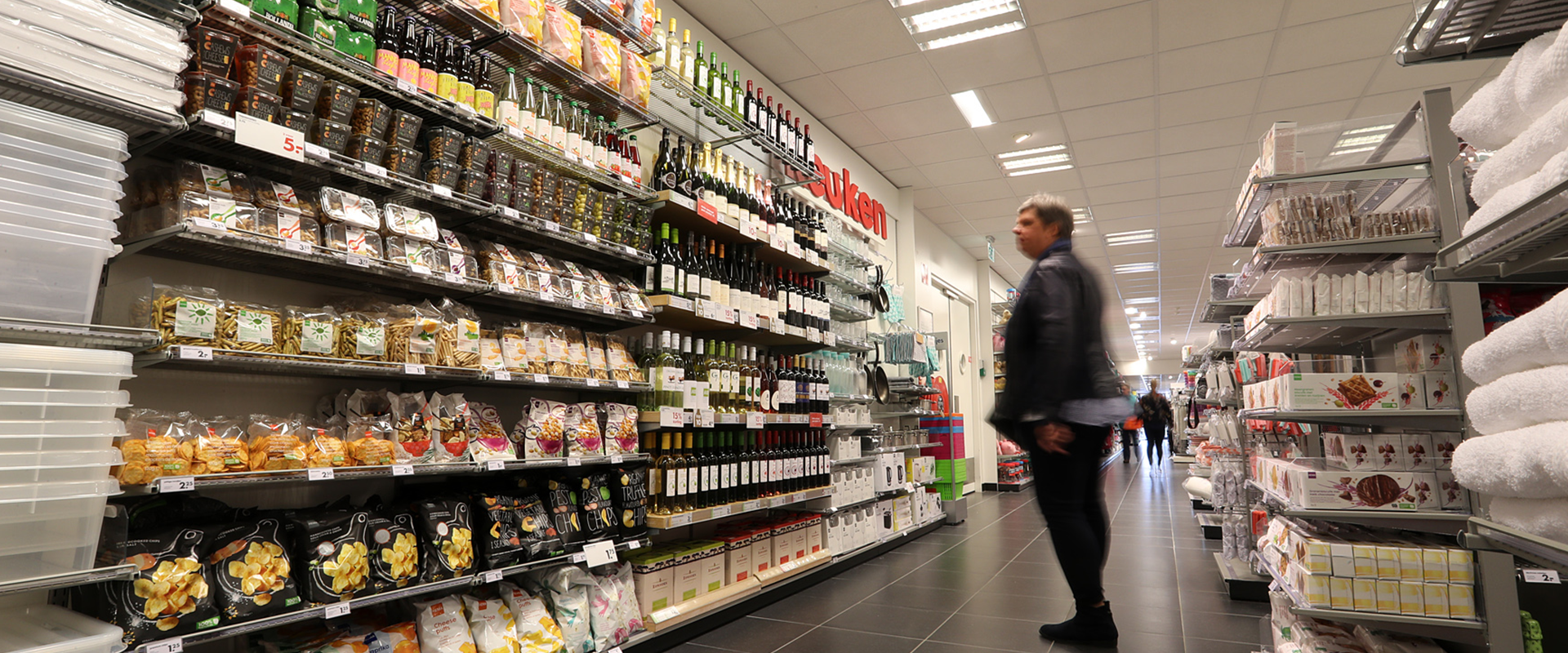
A crystal ball for a COVID world
May 27, 2020 | By Raj SeshadriOur data-driven services are helping our customers assess, react and plan in a time ruled by uncertainty.
Several weeks ago, the Dutch variety store chain HEMA, a retail mainstay in Europe for nearly a century, faced something truly unprecedented. As COVID-19 spread, shoppers’ needs and habits transformed, practically by the day. New containment measures had people stocking their pantries, minimizing trips to the store, and identifying unforeseen needs as they educated kids and tended to babies at home. With countless products in hundreds of stores across Europe, how could HEMA ensure that they had the right food, personal care items, cleaning supplies and other goods available in the right stores to meet the emerging demand?
For businesses around the world, the unthinkable — and the questions that come with it — has become the norm. What do people want and need to buy in a pandemic? How can a brick-and-mortar store quickly pivot to digital sales? What in-store measures will ensure the safety of workers and customers alike? Restaurants, retailers, banks and others are all taking rapid action to help their customers — and to survive the disruption impacting their supply chains, funding and business models.
We’ve always worked to help businesses answer their most pressing questions, but with the pandemic, the need to get it right — and right now — has never been greater.
When HEMA, which operates more than 750 stores in three continents, turned to us to help steer their response to the pandemic, the opportunity to help them help their consumers was clear. We focused on the big question: What is the most efficient way to serve the most people across stores? Conventional wisdom pointed to focusing on fewer, larger stores, but is traditional thinking out of place in a COVID world?
To find out, we used our “test and learn” experimentation platform, which was built to help businesses figure out what works — and, perhaps more importantly, what doesn’t — before businesses roll out changes broadly.
We were able to quickly identify what changes HEMA could make to balance the needs of their customers and the needs of the business. Interestingly, contrary to expectations, the data-driven insights showed that smaller stores, not larger ones, were doing well — leading the HEMA board to keep these stores open. A deep dive into the results revealed that sales were shifting to smaller stores, which are located in more residential areas, as people chose to stay home and shop more locally. In addition, opening stores earlier would give their elderly and vulnerable customers time to shop safely, while closing early allowed the staff to restock. All in all, the changes would allow them to best serve their customers — and their communities.
And in this unprecedented situation, speed is paramount. What may be true today may not be true next month. When a large U.S. grocery store chain wanted to understand decline and recovery curves for supermarkets and restaurants to help them better forecast and plan for impacts to their own stores, we jumped right in. We worked with them to develop a new Daily Market Trend Index, which is now available for other customers and other markets.
Like many of our customers, Mastercard has been around for a long time — more than 50 years. But what we can do with and for our customers has transformed in just the last decade. Expanding our services through investment and innovation has been a concerted focus and an essential part of our strategy to be the best possible partner to business and governments whatever the challenge they face.
Today, those services are helping businesses and governments around the world to assess, react and plan through the current crisis.
Our data-driven insights and analytics help our partners identify key trends and learn from them. Technology like test and learn can help pinpoint smarter decisions, big and small, that lead to better outcomes. We have platforms that can drive meaningful engagements that enhance the consumer experience and, ultimately, drive business forward. And we have a principled approach to everything that we do, ensuring our data-driven practices are centered on privacy, security and decency. After all, in today’s interconnected world, our actions impact one another more than ever.
Nothing has been clearer to me over the past few months: We’re truly all in this together.
There's only going to be more change. We might not know exactly what tomorrow will bring, but we’re committed to helping businesses and governments help more people in more ways.
